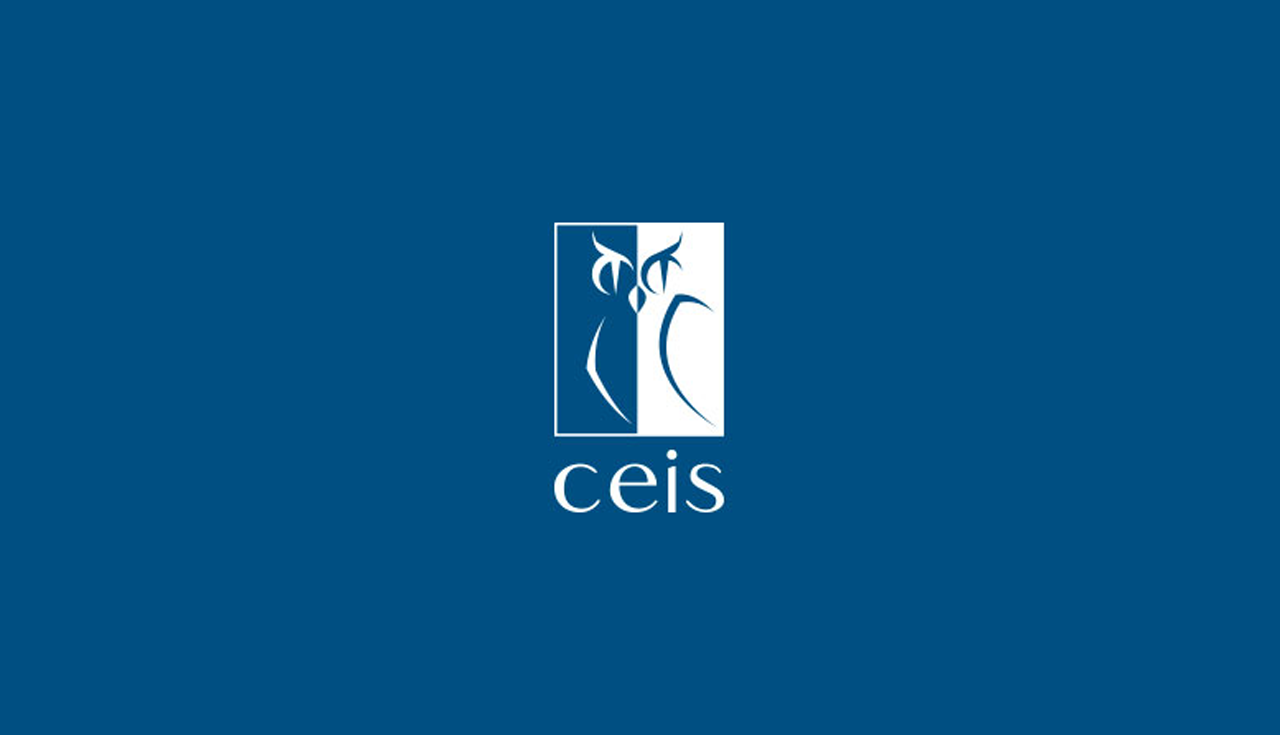
For a collective and collaborative cybersecurity!
Articles by the same author:
1
2
3
4



The major health crisis that humanity is currently facing illustrates the imperative need to strengthen cooperation at all levels. In an interdependent world, as in a chain, the security level of the whole corresponds to that of the weakest link. When facing systemic risks – whether related to health or to cyber issues – the only valid response is therefore collective and collaborative. Collective, because each stakeholder is responsible not only for his or her own security but also for the security of every other stakeholder, and therefore for the security of the whole. Collaborative, because cooperation and information sharing are essential to compensate the asymmetry between the « attacker » and the « defender ».
While this approach may seem self-evident in a crisis situation, it faces many limitations: States’ concerns about sovereignty, competition between companies, silo mentality within organisations, lack of awareness among individuals, etc. Like the trust on which it is based, cooperation, and a fortiori coordination, between actors in the same chain cannot be decreed. They must be built in a concrete way thanks to a multitude of actions intended to share, exchange, train, practice, etc..
After a 2020 edition that highlighted the key role played by human beings in cybersecurity, the FIC 2021 will therefore focus on the major challenges of cooperation:
To address these challenges, the FIC 2021 has set itself some priorities:
(by Guillaume Tissier, President of CEIS)